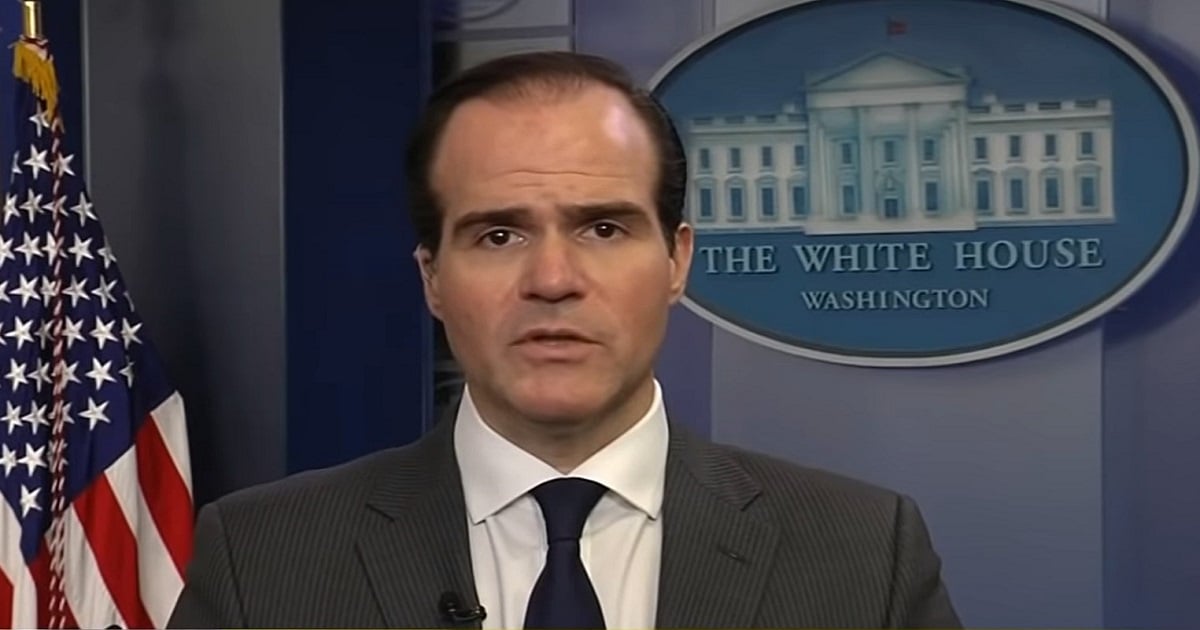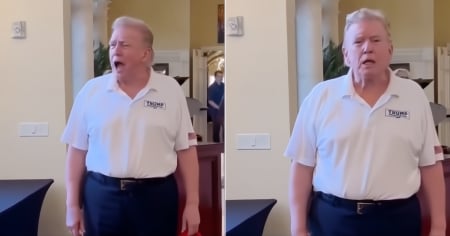
Related videos:
The United States has launched a new plan to stimulate economic growth in 30 countries in the Western Hemisphere, excluding the regimes of Venezuela, Cuba, and Nicaragua, stated Mauricio Claver-Carone, Special Advisor to the President of the U.S., during a conference call. He noted that Argentina's inclusion would depend on Alberto Fernández's stance towards the dictatorships in the region.
The América Crece plan, which will be presented in more detail next Tuesday, December 17, excludes Canada and focuses on promoting investments and financing from the private sector. This initiative draws on the economic development that the United States has experienced in recent years and its willingness to support other countries in the region, particularly in the areas of energy and infrastructure.
Venezuela, Cuba, and Nicaragua are excluded from the White House plan because they are dictatorships that are in bankruptcy; they exemplify failure, and obviously, the rest of the region does not want to live under that model of failure. They want to follow the path of success that we are supporting with this program, he stated.
Claver-Carone emphasized that the intention of the U.S. is to exert pressure on Maduro's regime to encourage him to leave power voluntarily.
He made Argentina's inclusion in the plan conditional on the attitude shown by Alberto Fernández's new administration toward the totalitarian governments in the region, despite having financing needs in the energy sector.
The U.S. asked the newly sworn-in Argentine leader whether he will act as a champion of democracy or become an apologist for dictatorships in the region.
The relationship between the United States and Argentina benefits Argentina. Here we are talking about América Crece; we are discussing a program that will assist the South American giant in its energy development so it can grow, pay off its debts, improve the living conditions of its people, and emerge from the current economic crisis.
Referring to Evo Morales, he stated that as long as he promotes instability and violence in Bolivia, the former president will have a negative influence on Latin America.
Washington will amplify its pressure measures against the government of Daniel Ortega in Nicaragua to ensure a clean and fair electoral process and, of course, to put an end to the serious human rights violations against the Nicaraguan people.
The Cuban-American official from the State Department stated that economic growth will bring stability, democracy, and prosperity to most countries in Latin America and the Caribbean.
So far, there are agreements in that direction with the governments of Panama, Chile, Argentina, Jamaica, and Colombia; and other agreements are already underway with Peru, Brazil, and El Salvador. Another sub-regional project involves Honduras, Guatemala, and El Salvador.
The White House expects that the financing will have an immediate impact, thanks to a surplus in natural gas production, which has turned the United States into an energy exporter for the first time in its history.
The low cost of natural gas, loan guarantees, technical assistance, and other forms of support will benefit the countries included in the new American initiative, Claver-Carone specified.
The proposal would be the third from the United States to Latin America in the last 58 years, preceded by the Initiative for the Americas (1990, George Bush) and the Alliance for Progress (1961-1970, John F. Kennedy).
Filed under:





